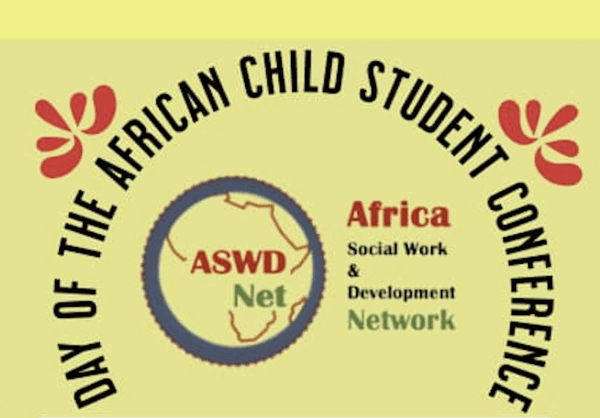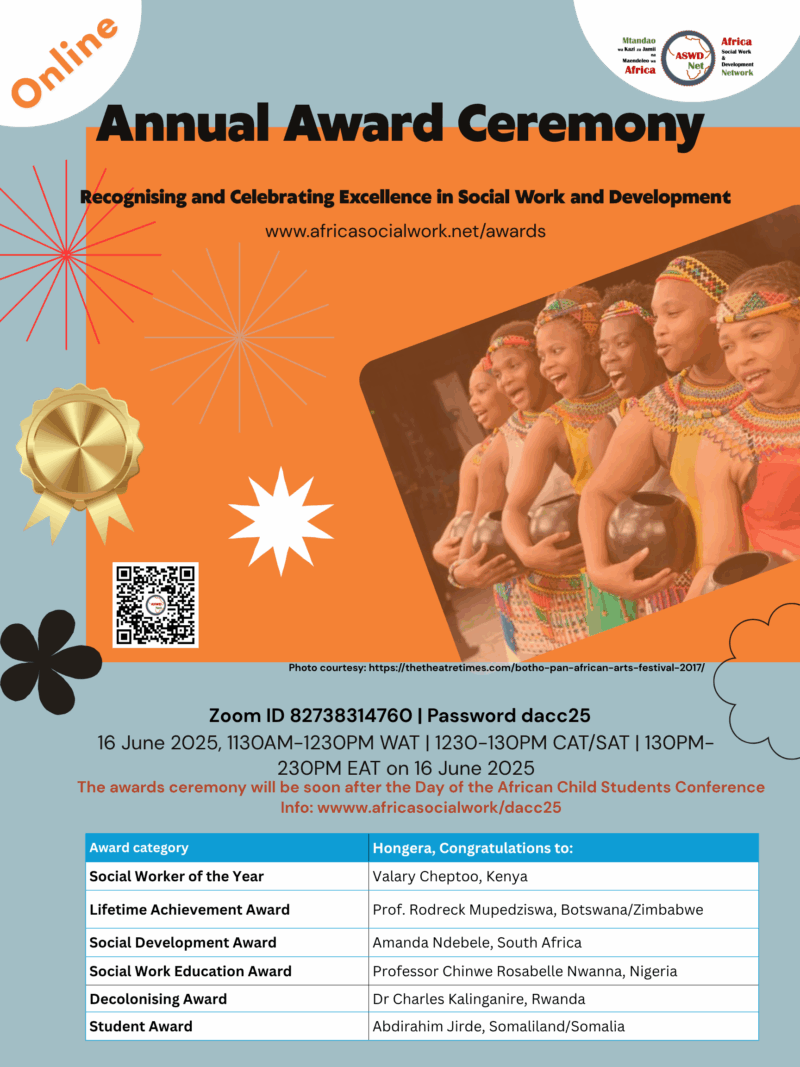Values and Ethics in Africa
Values and ethics are closely related. Philosophy gives rise to values, values give rise to ethics. Philosophy is our broad view of the world. Values are the things we place importance on in life. Ethics are about what is right and wrong. This means that ethics are an extension of values, in turn values are an extension of philosophy. Africa has philosophy (Ubuntu), its values and its ethics, and these are not inferior.
Values
Upenyu – valuing life
Umhuri – familyhood, blood relations
Umuganda – service to others
Ururami, Ubulungiswa, Ubutabera – justice
Ukama, Harambee – familyhood, blood relations
Ujamaa – familyhood or communityhood
Ubunyarwanda – nationhood
Uhuru – liberty/independence/freedom
Umachobane – sustainability
Itorero – good members of society, and a strong sense of cultural values and leadership skills
Umoja – unity, peace and harmony
Kagisano – good neighbourliness
Musha – permanent home in ancestral lands
Simunye – strengths in numbers, we are one
Shosholoza – resilience
Kuumba – creativity
Ujima – collective responsibility
Utungamiri – leadership
Ushavi – workmanship, enterprising
Uroho – spiritual connectedness
Unyanzvi – professionalism
Kuumba – mentoring
Sankofa – look back to inform the present and future
Ruremekedzo or Heshima – the ethic of respect
Ethics
•Upenyu – valuing life. The ethic is do not harm or kill
•Umhuri – familyhood, valuing blood relations. The ethic is protect families and marriages
•Umuganda – service to others. The ethic is help others in need or reciprocity
•Ururami, Ubulungiswa, Ubutabera – justice. The ethic is for people to be just
•Ukama, Harambee – familyhood, valuing blood relations.
•Ujamaa – familyhood or communityhood. The ethic is promote cooperation and collectivism
•Ubunyarwanda – nationhood. There are many ethics including promotIng peace
•Uhuru – liberty/independence/freedom. The ethic is liberate and protect African liberation
•Umachobane – sustainability. The ethic is to do programs that are sustainable.
•Itorero – good members of society, and a strong sense of cultural values and leadership skills. The ethic is to respect our cultures
•Umoja – unity, peace and harmony. The ethic is to promote oneness.
•Kagisano – good neighbourliness. The ethic is to promote harmony
•Musha – permanent home in ancestral lands. The ethic is to protect and maintain permanent homes
•Simunye – strengths in numbers, we are one. The ethic is promote cooperation and collectivism
•Shosholoza – resilience. The ethic is remaining strong despite adversity
•Kuumba – creativity. The ethic is not to imitate
•Ujima – collective responsibility. The ethic is to look after one another
•Utungamiri – leadership. The ethic is people centered leadership
•Ushavi – workmanship, enterprising . The ethic is hardworking
•Urithi, Nhaka – inheritance. The ethic is to protect inheritance
•Uroho – spiritual connectedness. The ethic is to be holistic
•Unyanzvi – professionalism. The ethic is to act professionally
•Sankofa – look back to inform the future.
•Ruremekedzo or Heshima – the ethic of respect



